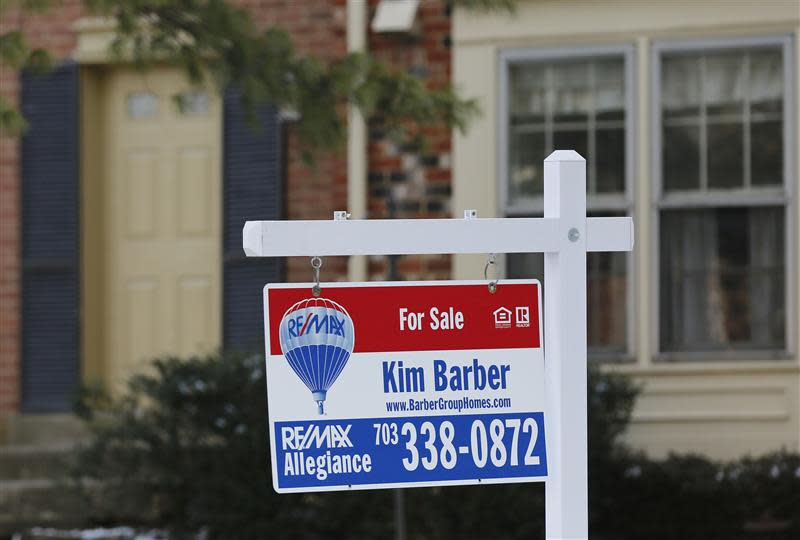Resale activity to suffer as housing affordability deteriorates: Scotiabank

Canada’s housing market is headed for a soft landing in 2014, but affordability will remain a strain for many buyers across the country, especially first-time buyers in major urban centres.
That’s the message from Scotiabank, which released its annual real-estate industry trends report Wednesday ahead of an economic conference held in Toronto on the same topic.
Among its key predictions, economists say we can expect to see a slowdown in resale activity over the coming year, due to a combination of high housing costs, rising mortgage rates and stricter mortgage regulations.
At the same time, prices are expected to hold near the 10-year average under pressure from continued population growth and relatively healthy labour market conditions.
The only relief buyers can likely expect will be slower house-price appreciation – a trend affecting the more amply supplied condo and high-rise segment than single-family homes.
The year ahead will also see the pace of new home construction ease off in the face of weak growth in new-home prices, rising building costs and increased unsold inventory. Again, multi-unit construction will feel the biggest drag, given growing concerns over oversupply and softening investor sentiment.
Regionally, Alberta is expected to outperform national trends, with sales and construction supported by the province’s strong employment and income gains and steady flow of new residents all looking to take a piece of the economic pie.
Renovation spending, typically considered less volatile than new construction and home sales, is expected to continue to grow, though at a far more modest pace than we’ve seen recently.
Renovation proved the fast-growing segment of the industry between 2000 and 2012, fueled largely by rising home prices, tight resale market conditions, attractive financing costs and government tax credits. Real renovation outlays increased at an average annual rate of more than six per cent over the 12-year time frame – double the three per cent average annual increase in new construction and three times the two per cent yearly growth in property transfer costs.
The bank’s latest predictions come after a year that saw stalled investment in the housing market, as soaring prices tempered home sales and builders began to scale back the number of new projects.
It’s a trend that is likely to remain for the next several years, economists say.
The Canadian Real Estate Association earlier reported that the number of homes sold in March was up 4.9 per cent compared with the same month last year, but remained below the 10-year average.
The industry association said more than half the local markets it tracks saw more sales in March, led by Vancouver, Calgary and Toronto, but the number of new listings rose only half a percentage point and the supply of homes for sale remains low, according to the Canadian Press.
Some markets, such as Toronto and Calgary, are seeing multiple offers per listing.
The national average price for homes sold in March through CREA members was $401,419, up six per cent from the same month last year.
In Vancouver, meanwhile, a 100-year-old three-bedroom home recently made headlines as the cheapest house on the market. It was listed for $599,000.
Housing is an integral part of the Canadian economy. Residential investment – which includes new construction, renovations to existing dwellings, and ownership transfer costs such as real estate commissions and legal and appraisal fees – totaled $128 billion last year. The largest share of investment comes from new construction (45 per cent), followed by renovations spending (37 per cent) and transfer costs (18 per cent), according to data supplied by Scotiabank.

 Yahoo Finance
Yahoo Finance 
